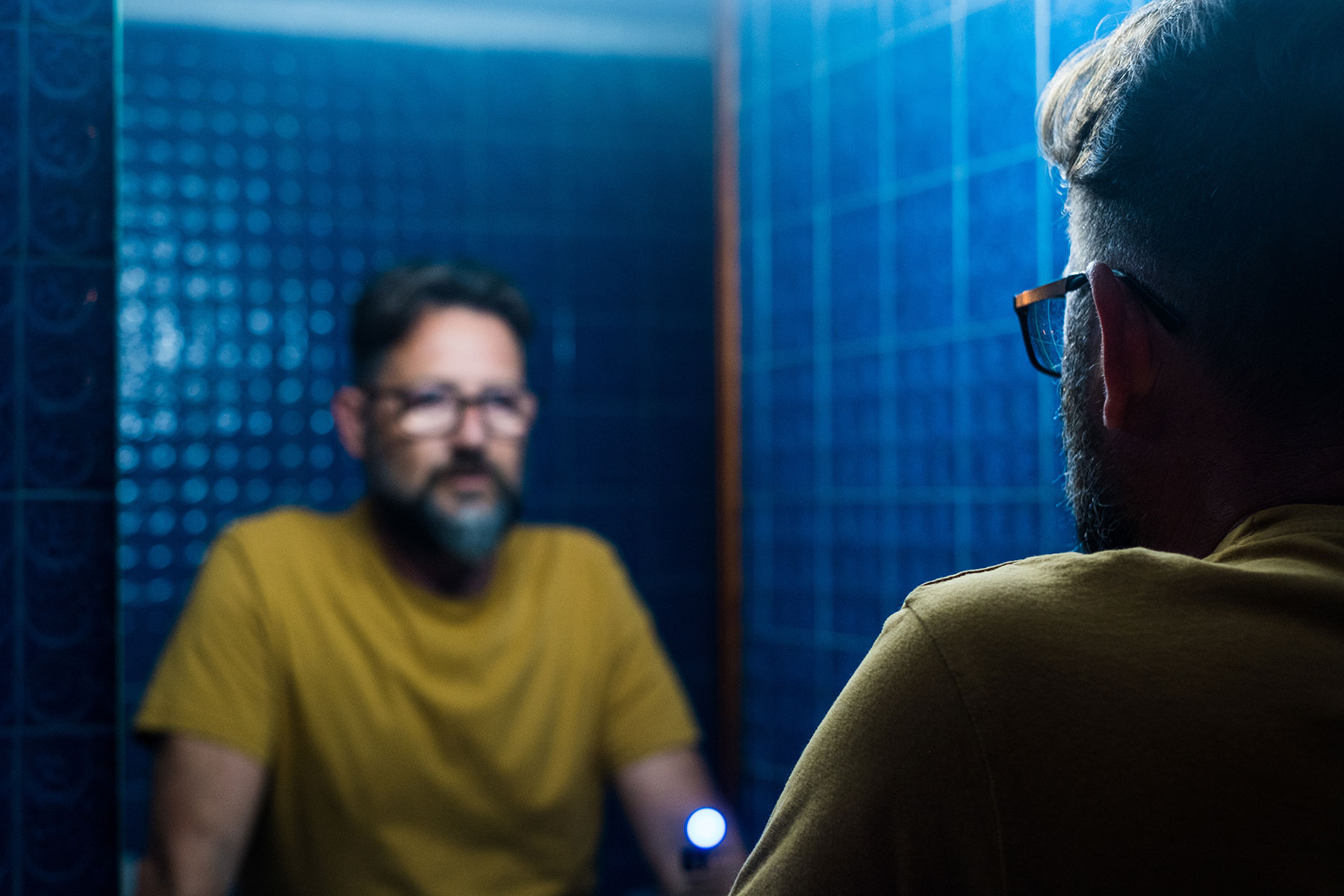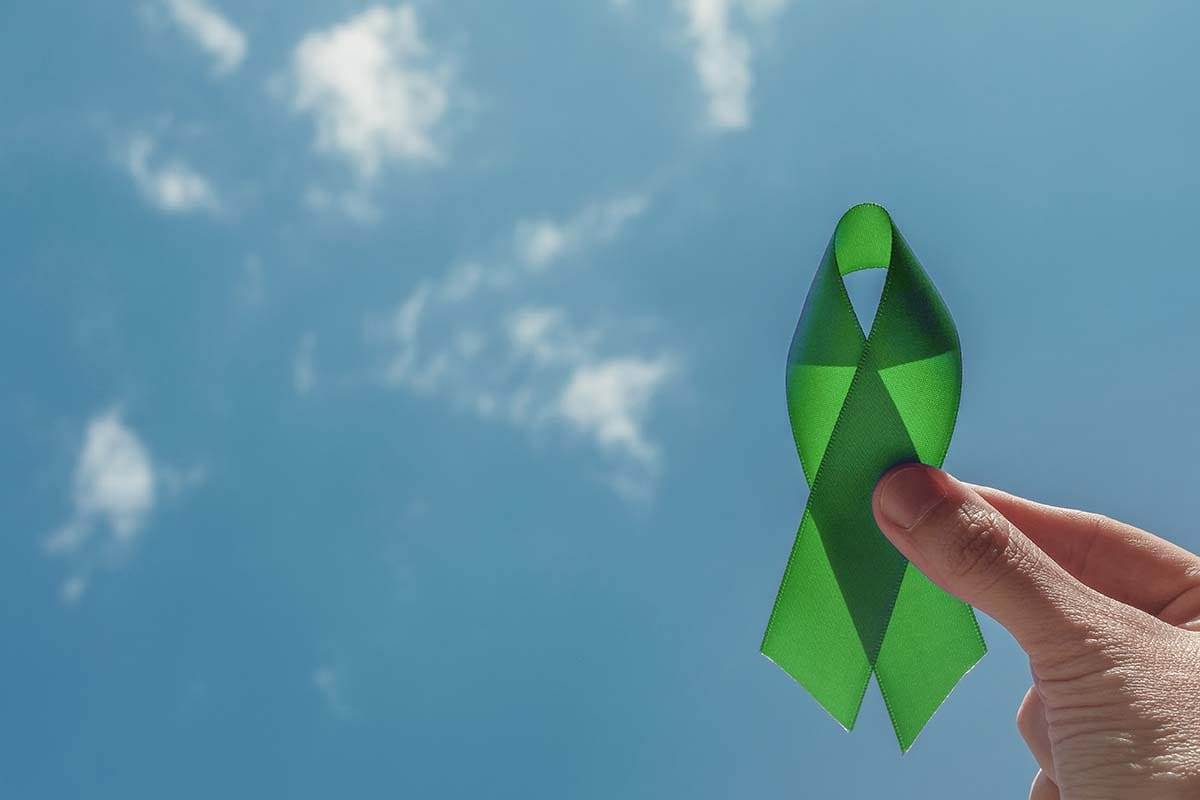What is dual diagnosis treatment? It is a form of therapy in which a therapist identifies and treats a co-occurring addiction and mental health condition. Individuals with multiple conditions require an integrated form of care that addresses both conditions simultaneously.
A dual-diagnosis treatment program offers individualized treatment plans to support individuals struggling with multiple conditions. A person can receive a more well-rounded form of care, which may reduce the likelihood of relapse. Are you looking for a dual diagnosis treatment center near you? Colorado Medication Assisted Recovery is here to help. Contact one of our treatment specialists at 833.448.0127 today to discover how our dual diagnosis program can help. Our medication-assisted treatment has helped many individuals on the road to recovery.

What Is Dual Diagnosis?
What is dual diagnosis? Dual diagnosis, also referred to as co-occurring disorders or comorbidity, is the presence of two diagnosable mental health conditions in an individual simultaneously. These two issues are often interrelated and interact with one another, making dual diagnosis treatment essential for a full recovery. Common combinations include:
- Substance use disorder and depression or anxiety
- Bipolar disorder and addiction
- Schizophrenia and a substance use disorder
Sometimes, people with a mental health condition will self-medicate with drugs or alcohol to cope. This can lead to addiction, whereas a person with an existing substance use disorder may have their mental health symptoms worsen as a result of drug and alcohol misuse. Without proper treatment, these issues tend to get worse over time.
Common Mental Conditions Associated with Addiction
Specific mental health issues are associated with addiction more than others. Oftentimes, these disorders are the underlying cause of substance misuse. The disorders may include:
- Attention-deficit/hyperactive disorder
- Bipolar disorder
- Borderline personality disorder
- Depression
- Anxiety
- Obsessive-compulsive disorder
Other disorders may include eating disorders, post-traumatic stress disorder (PTSD), or schizophrenia. Dealing with these disorders can be difficult for a person who is not equipped to manage the symptoms. This is why drugs or alcohol can become a fixation that leads to a full-blown dependency.

The Relationship Between Mental Health Conditions and Addiction
The role of an addiction treatment center in Colorado is to identify the correlation between the disorder and the addiction and provide the right treatment plan. In most cases, the relationship takes on one of three characteristics, including:
The Mental Health Conditions Triggers the Addiction
Most people are not equipped to deal with mental health conditions. Consequently, they develop behaviors to deal with the symptoms. A person who has anxiety or depression may turn to alcohol, prescription medication, or illicit drugs as a way of self-medicating. This can lead to dependency on the substance, making it difficult to quit.
The Addiction Causes the Mental Health Conditions
In cases of long-term addiction, a person may develop a mental health condition. The substance alters brain function to the point that it affects how a person thinks and feels. It is not uncommon for ongoing substance use to lead to anxiety, depression, or bipolar disorder. A person who has these conditions needs treatment for them, as well as the addiction.
They Exist Simultaneously with No Relationship
In certain situations, a mental health condition can coexist with addiction without being directly related to it. This means that a person might struggle with both issues simultaneously. Still, one does not necessarily cause or exacerbate the other.
To address this complexity, specialists often employ a comprehensive approach to treatment that incorporates a variety of therapeutic modalities tailored to each individual’s needs. This integrated method not only focuses on the addiction itself but also addresses underlying mental health concerns, allowing the individual to pursue healing holistically.
By treating both conditions concurrently, a person can gain valuable insights and develop skills that promote overall well-being, fostering a healthier lifestyle that extends beyond merely overcoming the addiction. This comprehensive care can lead to significant improvements in emotional stability, coping mechanisms, and personal relationships, ultimately supporting long-term recovery and a more fulfilling life. In certain situations, a mental health condition can coexist with addiction without being directly related to it. This means that a person might struggle with both issues simultaneously. Still, one does not necessarily cause or exacerbate the other.
Our Approach at CMAR
To address this complexity, specialists often employ a comprehensive approach to treatment that incorporates a variety of therapeutic modalities tailored to each individual’s needs. This integrated method not only focuses on the addiction itself but also addresses underlying mental health concerns, allowing the individual to pursue healing holistically.
By treating both conditions concurrently, a person can gain valuable insights and develop skills that promote overall well-being, fostering a healthier lifestyle that extends beyond merely overcoming the addiction. This comprehensive care can lead to significant improvements in emotional stability, coping mechanisms, and personal relationships, ultimately supporting long-term recovery and a more fulfilling life.

How Medication-Assisted Treatment Can Help
Medication-assisted treatment (MAT) represents a comprehensive and evidence-based strategy specifically designed to support individuals in their journey of addiction recovery. This approach integrates the use of medication with therapeutic interventions to effectively manage and alleviate cravings associated with opioid or alcohol addiction. By doing so, MAT provides crucial support for those grappling with substance use disorders, particularly for individuals facing co-occurring mental health issues, often referred to as dual diagnoses.
The overarching objective of MAT is to help individuals achieve and maintain long-term sobriety without the reliance on addictive substances. This treatment model not only fosters recovery from addiction but also prioritizes overall mental wellness. By addressing both substance use and mental health conditions simultaneously, MAT aims to create a more balanced and healthier lifestyle for individuals.
Participants in MAT typically engage in a variety of therapeutic modalities, including cognitive-behavioral therapy (CBT), individual counseling sessions, and group therapy. Cognitive-behavioral therapy, in particular, is effective in helping individuals recognize and alter negative thought patterns and behaviors associated with their addiction. Individual counseling provides personalized support, enabling clients to explore their unique challenges and develop effective coping strategies. At the same time, group therapy provides a sense of community and shared understanding among peers who are experiencing similar challenges.
Reduced Risk of Relapse
MAT can significantly reduce the risk of relapse, which is a common concern for individuals in recovery, particularly those with dual diagnoses. By incorporating a holistic approach that addresses medical, psychological, and social factors, MAT empowers individuals to develop the skills and resilience needed to maintain their sobriety over the long term.
Medication-assisted treatment is a vital resource for those affected by addiction and co-occurring mental health disorders. By combining medication with a strong framework of therapy, MAT offers a pathway to recovery that not only mitigates cravings but also addresses the underlying issues contributing to substance use, ultimately leading to a more fulfilling and sober life.

Learn More About Dual Diagnosis at Colorado Medication Assisted Recovery
Learn more about co-occurring disorders when you contact Colorado Medication Assisted Recovery. We provide dual diagnosis treatment at our mental health treatment center in Colorado. Contact us at 833.448.0127 to find out more about your treatment options.


























